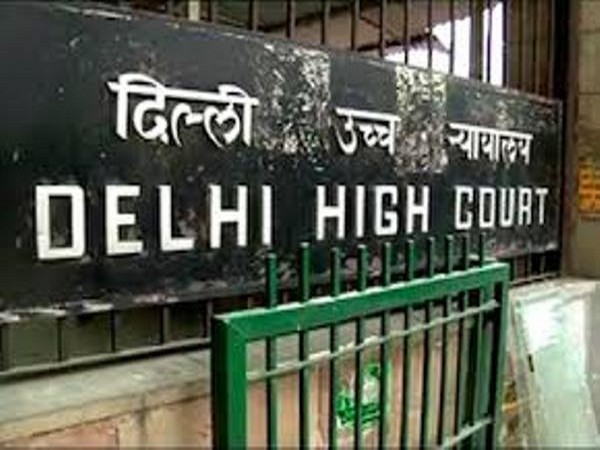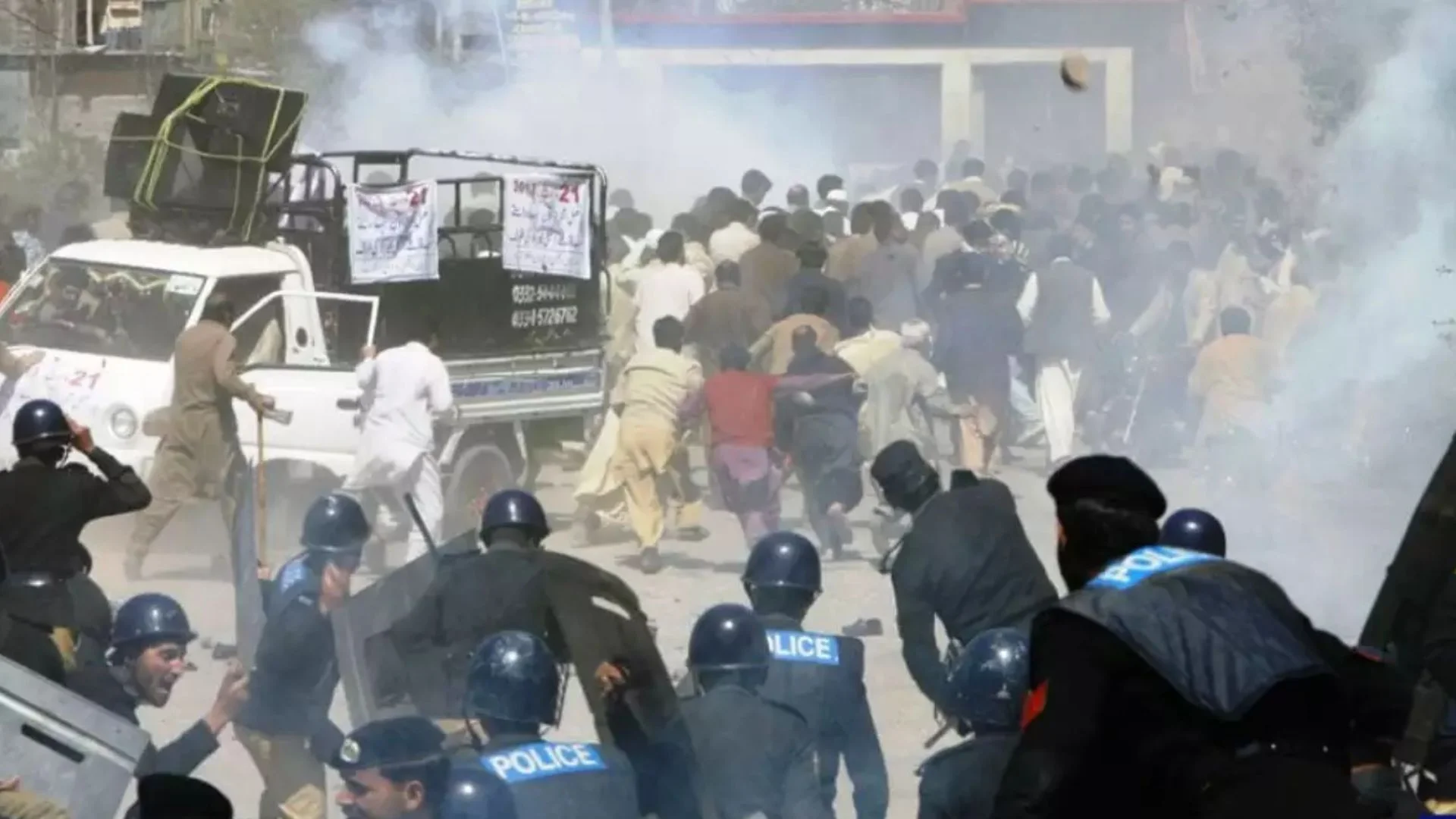
The Delhi High Court on Tuesday dismissed the bail plea of Umar Khalid accused in a larger conspiracy case related to the Northeast Delhi riots of February 2020. In its damning observations, the court reached an “inescapable conclusion” that allegations against the appellant are “prima facie true”. “Thus, Umar’s application seeking regular bail is rejected,” the special bench comprising justices Siddharth Mridul and Rajanish Bhatnagar said.
Former JNU student leader Umar Khalid had challenged the trial court order of 24 March 2022, denying him bail in the matter. The order was reserved on 9 September.
Omar has been booked under the stringent anti-terror law UAPA. He was arrested on 13 September 2020. He has been in custody since then.
The name of the Umar finds recurring mention from the beginning of the conspiracy till the culmination of the ensuing riots. Admittedly, he was a member of the WhatsApp group of Muslim students of JNU. He participated in various meetings at Jantar Mantar, Jangpura Office, Shaheen Bagh, Seelampur, Jaffrabad and Indian Social Institute on various dates, the Court said. The cumulative statement of the protected witnesses indicates the presence and active involvement of the appellant in the protests, engineered against the CAA/NRC, the court added
The Delhi high court further said that admittedly these protests metamorphosed into violent riots in February 2020, which began by firstly choking public roads, then violently and designedly attacking policemen and random members of the public, whereat firearms, acid bottles, stones etc. were used, resulting in the admitted and sad loss of 53 precious lives and the destruction of property worth several Crores. These protests & riots prima-facie seem to be orchestrated at the conspiratorial meetings held from December, 2019 till February, 2020.
The weapons used, the manner of attack and the resultant deaths destruction caused indicates that it was pre-planned. Acts which threaten the unity and integrity of India and cause friction in communal harmony and creates terror in any section of the people, by disturbing the social-fabric is also a priori a terrorist act, the court added
The court also added, “The protest planned was «not a typical protest» normal in political culture or democracy but one far more destructive and injurious geared towards extremely grave consequences. Thus, as per the pre-meditated plan there was an intentional blocking of roads to cause inconvenience and disruption of the essential services to the life of community residing in North-East Delhi, creating thereby panic and an alarming sense of insecurity.”
“The attack on police personnel by women protesters in front only followed by other ordinary people and engulfing the area into a riot is the epitome of such pre-mediated plan and as such the same would prima facie be covered by the definition of terrorist act” the court said















